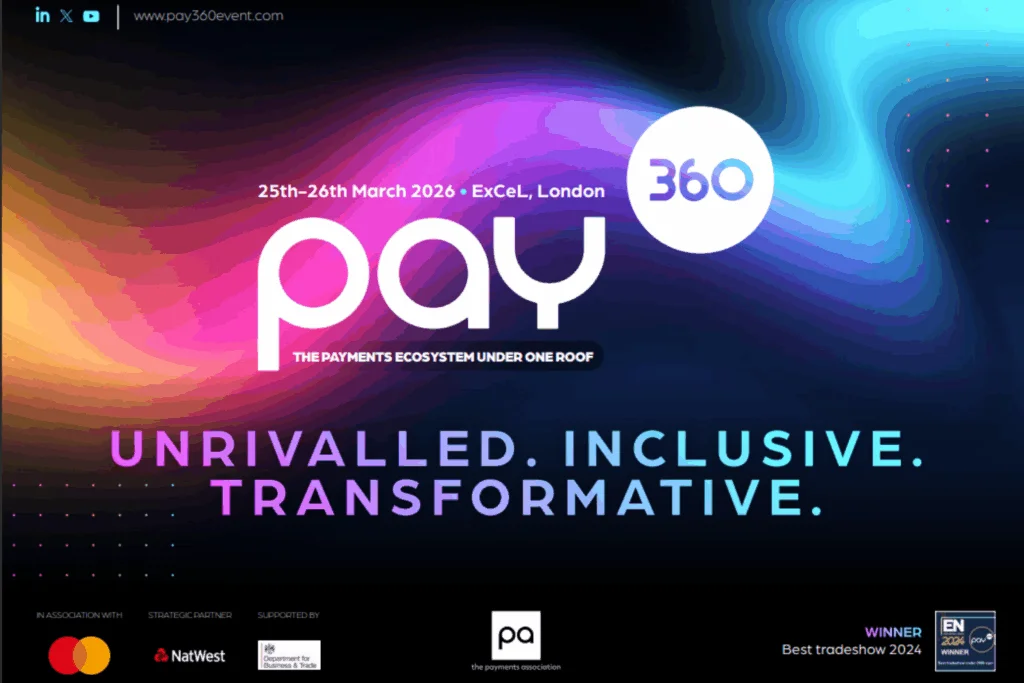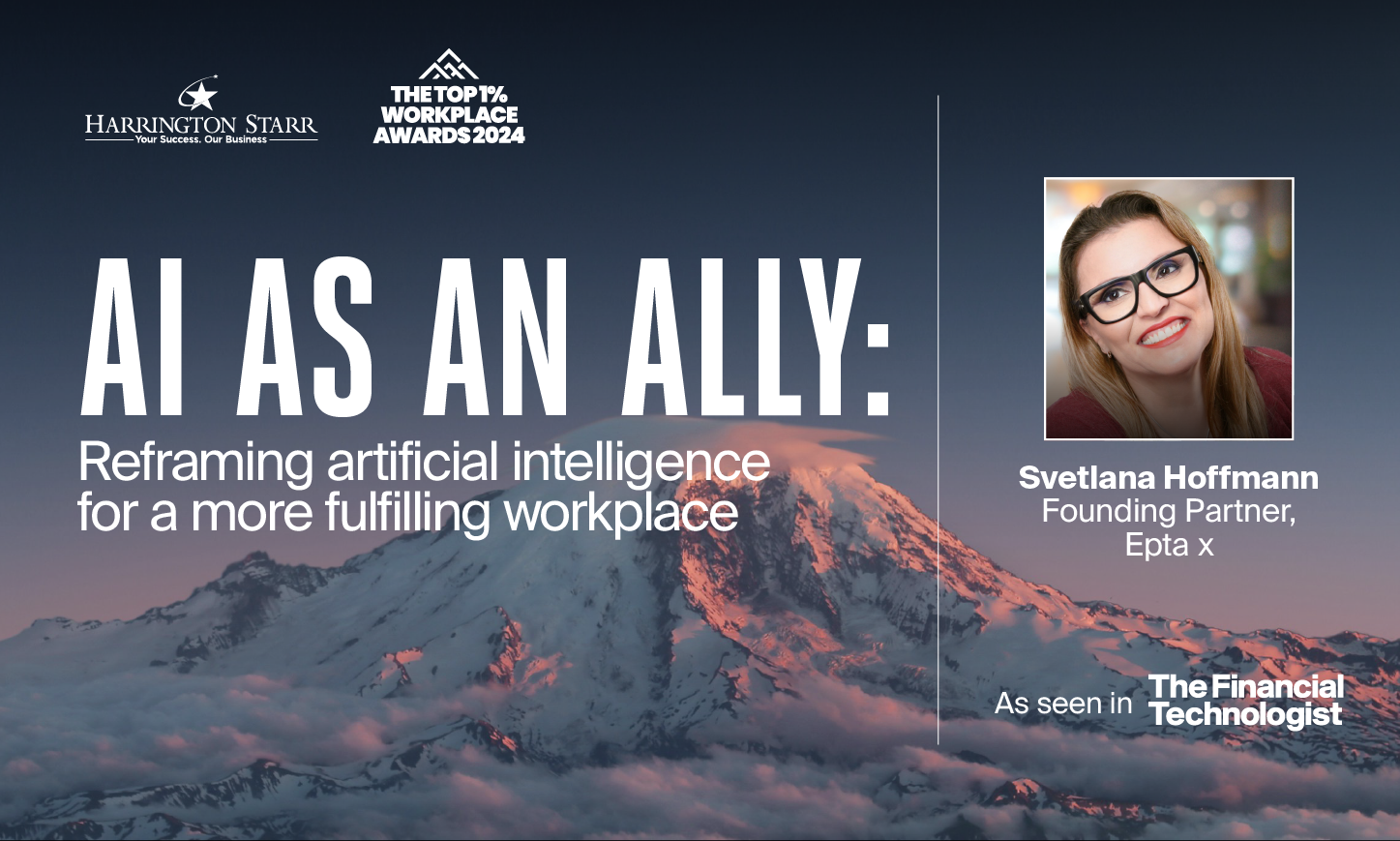
In the ever-evolving landscape of modern business, a powerful new ally is emerging: Artificial Intelligence (AI). Far from the job-stealing boogeyman often portrayed in popular media, AI is proving to be a catalyst for creating more engaging, productive, and ultimately more fulfilling work environments. As we stand on the brink of what may be the most significant digital progress to date, it’s time to reframe our perspective on AI and explore its potential to transform the very nature of work itself. This shift is not about replacing jobs but empowering employees with new tools and opportunities.
The term “artificial intelligence” is something of a misnomer, evoking images of synthetic entities usurping human roles. In reality, AI is best viewed as an extension of human intelligence, a tool that amplifies our cognitive abilities, much like how machines of the 'Industrial Revolution' augmented our physical capabilities. This ‘Cognitive Revolution’ represents a quantitative improvement in our ability to process information and a qualitative shift in how we approach complex problems.
Consider the analogy of the transition from axe to chainsaw in forestry. When chainsaws were introduced, loggers didn’t swing them at trees in the same way they did with axes. Instead, they developed entirely new techniques that leveraged the chainsaw’s unique capabilities. Similarly, AI isn’t just a faster or more powerful version of existing tools—it’s a fundamentally different approach to processing information and solving problems.
This shift is already evident across various sectors. In education, IBM’s Watson AI creates personalised learning experiences by analysing individual student performance, freeing up teachers to focus on nuanced aspects of education that require a human touch. In the creative industry, Adobe’s Sensei platform is transforming workflows by automatically tagging and organising images, suggesting design layouts, and generating content. Rather than replacing designers, Sensei acts as a co-creator, handling tedious tasks and providing inspiration. In customer service, Salesforce’s Einstein analyses customer data to predict needs and automate responses to common queries, allowing human representatives to focus on complex issues requiring empathy and nuanced understanding.
The numbers speak volumes about AI’s impact on workplace satisfaction and productivity. A 2023 survey by Deloitte found that 74% of employees in companies using AI reported higher job satisfaction than those without AI integration. According to McKinsey, organisations that have adopted AI have seen an average 25% increase in employee productivity. Perhaps most tellingly, a study by Oracle and Future Workplace revealed that 64% of people trust a robot more than their manager for certain tasks, highlighting the potential for AI to complement human leadership.
As AI takes over routine tasks, we’re witnessing the emergence of entirely new job categories. AI ethicists, machine learning engineers, and human-AI interaction designers are just the tip of the iceberg. Other roles, such as AI trainers, data annotators, and AI system integrators, are also becoming increasingly important. A World Economic Forum report suggests that AI could create 97 million new jobs by 2025*. This shift towards high-value tasks redefines the nature of work itself, pushing human workers towards roles that emphasise creativity, emotional intelligence, and complex problem-solving.
The key to maximising AI’s potential lies in effective human-AI collaboration. Forward-thinking companies are pioneering new organisational structures and workflows to optimise this partnership. Strategies include:
- forming cross-functional AI integration teams,
- implementing AI literacy programs for all employees and
- redesigning job roles to maximise human-AI synergy
This collaborative approach not only enhances productivity but also fosters a sense of community and shared goals among employees. Companies like Google and Amazon are at the forefront of this trend, creating environments where humans and AI systems work seamlessly together to achieve outcomes neither could accomplish alone.
While AI excels at processing vast amounts of data and identifying patterns, human creativity and critical thinking remain irreplaceable. In fact, integrating AI into workplaces provides an opportunity to refocus human efforts on these uniquely human capabilities. As AI takes over routine data analysis tasks, financial analysts can spend more time developing innovative investment strategies. As natural language processing AI handles basic customer inquiries, customer service representatives can focus on building deeper relationships with clients and handling emotionally nuanced situations.
This shift allows for more ‘thinking time’—periods of reflection and creativity that are often squeezed out in the rush of daily tasks. With AI handling routine tasks, employees can spend more time on tasks that require human creativity and critical thinking. Companies like Google and 3M have long recognised the value of this, offering employees dedicated time for personal projects. With AI handling routine tasks, more companies can adopt similar policies, fostering innovation and job satisfaction. This reallocation of human cognitive resources towards higher-order thinking and creativity is perhaps one of the most promising aspects of the AI-induced metamorphosis of the workplace.
As AI reshapes the job market, the need for upskilling and reskilling has never been more urgent. A recent PwC study found that 77% of adults would learn new skills or completely retrain to improve their future employability. This willingness to adapt is crucial, as the AI-driven workplace demands a flexible, tech-savvy workforce committed to lifelong learning. Traditional education systems are scrambling to keep pace, with forward-thinking institutions partnering with tech giants to develop AI-focused curricula. Online platforms like Coursera and edX are democratising access to cutting-edge tech education, allowing workers to adapt to the changing landscape. AI is not just a tool but a catalyst for a culture of continuous learning and growth in the workplace.
Yet, as with any powerful tool, the responsible implementation of AI is crucial. Key areas of concern include data privacy, algorithmic bias, job displacement, intellectual property rights, and the transparency and explainability of AI decision-making processes. For instance, data privacy can be compromised if AI systems are not designed to protect sensitive information. Algorithmic bias can lead to unfair treatment of certain groups if AI systems are not trained on diverse datasets. Job displacement can occur if AI systems are not implemented in a way that supports human workers. The question of intellectual property becomes increasingly complex as AI systems generate new content, inventions, and innovations, raising issues of ownership and attribution. And the lack of transparency and explainability in AI decision-making processes can lead to distrust and misunderstanding.
The global nature of AI development and deployment further complicates these challenges. Regulatory bodies worldwide are grappling with these issues. For instance, the European Union’s proposed AI Act aims to create a comprehensive regulatory framework for AI, categorising systems based on their potential risk and imposing stricter requirements on high-risk applications. Similarly, intellectual property offices worldwide are revisiting patent and copyright laws to address AI-generated works.
Companies at the forefront of AI development are also taking steps towards responsible AI. Microsoft’s AI principles emphasise fairness, reliability, privacy, inclusiveness, transparency, and accountability. Google’s AI principles similarly stress the importance of being socially beneficial and avoiding unfair bias. These efforts underscore the recognition that ethical considerations, including the protection of intellectual property rights, must go hand-in-hand with technological advancement if AI is to truly serve as an ally in the workplace. As AI continues to evolve, striking the right balance between innovation and the protection of intellectual property will be crucial for fostering a thriving, equitable AI ecosystem in the workplace.
Companies that embrace this partnership, invest in their workforce’s AI literacy, and navigate the ethical considerations thoughtfully will gain a significant competitive edge in the evolving business landscape. They will create environments where employees are freed from mundane tasks to focus on more engaging, challenging, and ultimately more rewarding work.
As we stand on the cusp of this AI-powered era, it’s crucial to approach it with both optimism and responsibility. Reframing AI as an ally rather than a threat opens up possibilities for more fulfilling work environments where routine tasks are automated, leaving room for creativity, critical thinking, and deeper human connections. Just as the chainsaw transformed forestry without eliminating the need for skilled loggers, AI has the potential to reinvent our workplaces while emphasising the irreplaceable value of human insight and creativity.
The key lies in thoughtful implementation, ongoing education, and a commitment to using AI to augment rather than replace human capabilities. As we move forward, let’s embrace AI’s intelligence, discard our fears of the “artificial,” and work towards a future where humans and AI collaborate to create more productive, innovative, and fulfilling workplaces than ever before.
The future of work isn’t about humans versus machines—it’s about humans and machines working in concert to unlock unprecedented levels of collaboration and create a more engaging, productive, and ultimately more human workplace.
In the spirit of the subject matter, I want to disclose that AI was my Ally. It assisted me in crafting this article, helping me organise ideas, providing suggestions for content, and assisting with editing.
By Svetlana Hoffmann, Founding Partner at Epta-X
Download your free copy of the latest Financial Technologist magazine here.






